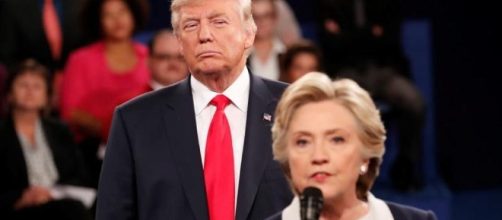By now, it's old news that "fake news" helped Donald Trump win the 2016 presidential election. But a new study by NYU and Stanford University reveals that fake news had no impact on the result of the election whatsoever. According to the study's authors, Hunt Alcott and Matthew Gentzknow, only a tiny fraction of voters -- eight percent, to be precise -- claim to have seen the fake stories. And, of those who came across the stories, an even smaller number of people believed them.
Most voters didn't trust anything they saw on social media
DailyMail reports that, in order for the questionable stories to have changed the outcome of the election, fake news would've had to have been as persuasive as 36 television advertisements.
"Our data suggest that social media were not the most important source of election news," stated the co-authors of the new study, titled Social Media and Fake News in the 2016 Election.
Of the study's 1208 participants, only 14 percent identified social media as their primary source of information. Questionable stories with a pro-Trump or anti-Clinton bias were believed to have had such a large impact on the outcome of the election that Facebook, Google and other tech titans scrambled to make changes to their algorithms so that misleading news stories would not appear at the top of search results.
In spite of the tech world's panic to punish publishers of dubious news, the NYU and Stanford study revealed that less than 0.9% of voters remembered seeing the stories, and a meager 0.7% of voters actually believed them.
Clinton blamed her defeat on fake news
This study conclusively dispels the notion that fake news helped propel Donald Trump to the White House -- a claim championed by the losing candidate herself. In a speech given shortly after the election, Hillary Clinton described fake news as an "epidemic" that spread through social media. Two weeks after the election, Barack Obama also weighed in on the matter, stating that the country has serious problems "if we can’t discriminate between serious arguments and propaganda."

